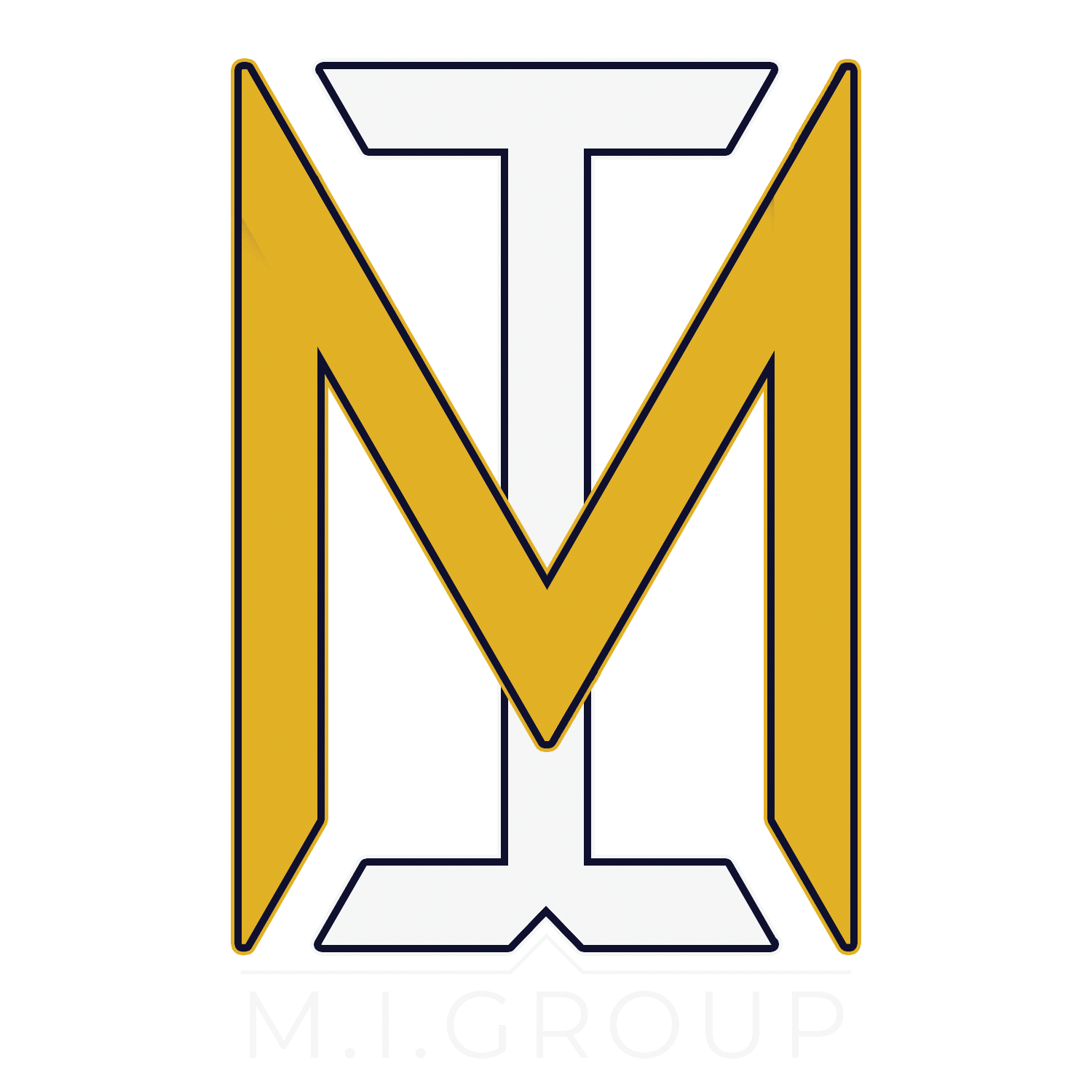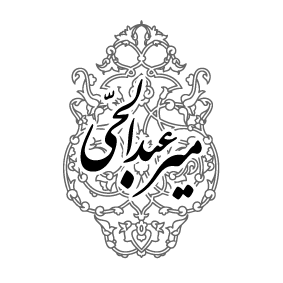Curved Glass: A Comprehensive Overview of Features, Benefits, and Applications
Curved glass, an innovative product in the glass manufacturing industry, has gained prominence in modern architecture, interior design, and various sectors due to its ability to create curved and arched shapes. Made from base glass like float or tempered, it is shaped using advanced hot or cold bending methods. As a leading glass manufacturer, we utilize high-quality materials and state-of-the-art technology to produce curved glass meeting national and international standards. This report, based on credible Iranian sources such as iranshico.com and farkoo.ir, explores the production process, types, applications, benefits, limitations, and technical specifications of curved glass, providing original and precise content.
Production Process
The production of curved glass is a complex process requiring advanced equipment and strict quality control. Key stages include:
- Base Glass Selection
- Cutting and Preparation
- Hot Bending
- Cold Bending
- Tempering or Lamination
- Quality Control
Float, tempered, or crystal glass with thicknesses of 4 to 20 mm is chosen, ensuring it is free of impurities to maintain quality and transparency.
Glass is cut to required dimensions and cleaned for bending.
Glass is heated to 580-630°C in furnaces and shaped using metal or mechanical molds for complex curves.
Glass is bent at room temperature using mechanical force and metal frames, suitable for simple, large curves.
For increased strength, the curved glass is tempered (4-5 times stronger) or laminated (with PVB for safety).
Tests for dimensions, bend radius, impact resistance, and transparency (minimum 85%) are conducted.
Technical Specifications
Glass Thickness
4 to 20 mm (10 mm most common).
Dimensions
Width up to 244 cm, length up to 420 cm (customizable).
Bend Radius
Customizable, minimum radius depending on thickness (e.g., 100 cm for 6 mm glass).
Energy Consumption
High furnace energy for hot bending; mechanical force for cold bending.
Equipment
Bending furnaces, metal molds, CNC cutting machines, and clean room.
Types of Curved Glass
- Tempered Curved Glass
- Laminated Curved Glass
- Double-Glazed Curved Glass
- Colored or Crystal Curved Glass
Bent and then tempered for increased strength.
4-5 times stronger, ideal for facades and storefronts.
Bent and laminated with PVB for safety.
Shatter-resistant, ideal for security applications.
Bent and filled with argon gas for insulation.
Thermal and acoustic insulation, ideal for curved windows.
Bent colored or crystal glass.
| High transparency (up to 90%), ideal for decoration. |
Standards
ISO 9001-2015
استاندارد مدیریت کیفیت برای تولید
ASTM C1048
استاندارد برای مقاومت حرارتی شیشههای خم.
EN 12150
استاندارد اروپا برای شیشههای سکوریت خم.
Features and Benefits
Curved glass offers numerous advantages, making it ideal for modern projects:
- Aesthetic Flexibility
- Strength and Durability
- Sound and Thermal Insulation
- UV Protection
- High Safety
- Easy Maintenance
- Environmental Sustainability
Creates cylindrical or multi-directional curves, adding a dynamic, luxurious look to spaces.
Tempered versions resist impacts and heat (up to 200°C thermal shock).
Double-glazed curved glass reduces noise by up to 40 decibels and optimizes energy consumption.
With special coatings, blocks up to 99% ultraviolet rays.
Tempered curved glass breaks into non-sharp pieces.
Cleaned with standard materials, no special tools needed.
Recyclable and energy-efficient in production.
Ordering and Installation Process
- Ordering: Customers must specify color, thickness, dimensions, and required fittings. On-site measurement services are available.
- Production Time: Standard production takes 7 working days, with an expedited option (1 day) available.
- Installation: Must be performed by professionals to prevent damage. The process includes precise measurement, pre-tempering cutting, and installation with appropriate fittings.
- Pricing: Calculated based on thickness, color, and area (square meter × unit price). For example, in 2024, the price of standard tempered glass ranges from 700,000 to 1,500,000 IRR per square meter.
Applications
Curved glass is versatile and used across various projects:
Construction
Curved facades, arched windows, glass roofs, partitions.
Residential
Shower cabins, curved tables, bookshelves, aquariums.
Commercial
Store counters, elevator cabins, revolving doors.
Industrial
Vehicle glass, appliance displays, solar panels.
Decorative
Domes, arches, water features, curved stair railings.
Key Considerations for Choosing Curved Glass
- Bending Type: Hot for complex bends, cold for simple.
- Thickness: 4-6 mm for decor, 10-20 mm for facades.
- Quality: Crystal glass for 90% transparency.
- Professional Installation: To prevent breakage.
- Expert Consultation: Contact our team for guidance.

